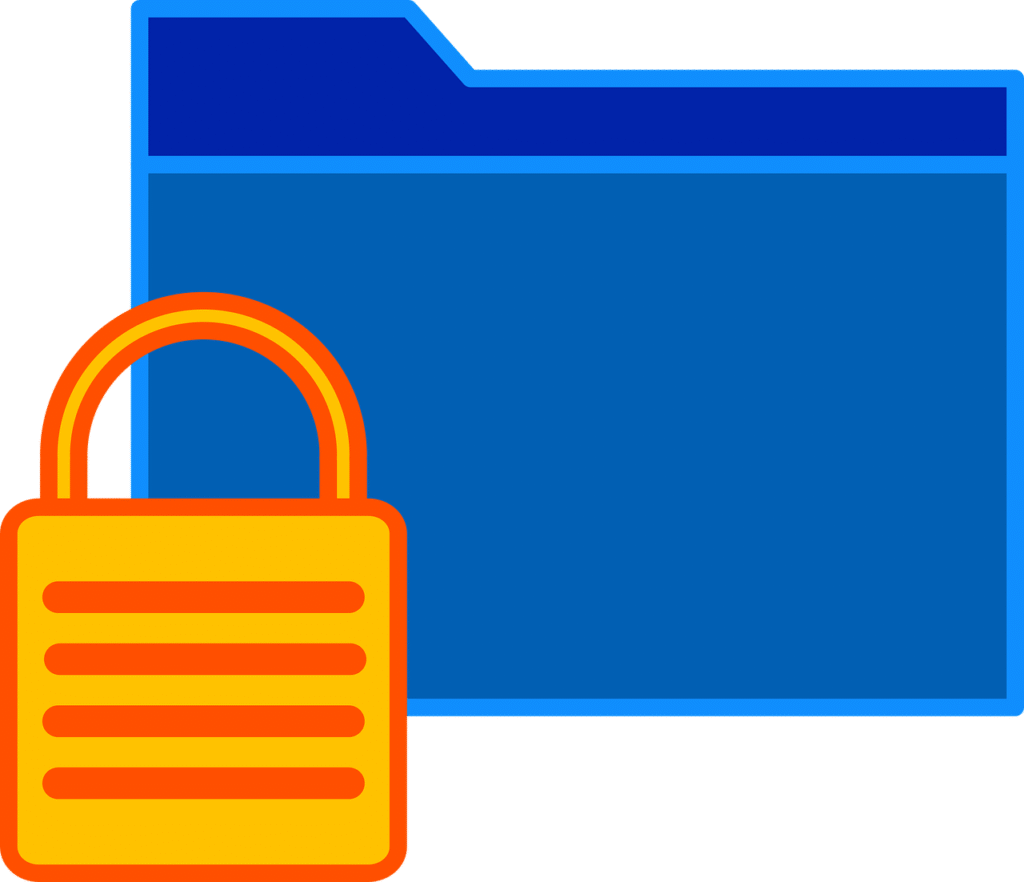Latest Blog and Articles

Data Privacy and Compliance: Navigating Regulations in a Digital World
Introduction
In a digital-first world, data is one of the most valuable assets an organization can possess—and one of the most vulnerable. With increasing scrutiny from regulators and the public alike, ensuring data privacy and regulatory compliance is no longer optional. At TEKLAN, we help organizations stay ahead of complex data protection requirements while building trust with users and stakeholders.
Understanding the Regulatory Landscape
Global data privacy regulations are expanding rapidly. Organizations must understand and comply with laws that govern how they collect, store, process, and share personal data. Key regulations include:
- General Data Protection Regulation (GDPR) – Applies to EU residents and influences global standards
- California Consumer Privacy Act (CCPA) – Grants U.S. consumers control over their personal data
- Nigeria Data Protection Act (NDPA), Kenya’s Data Protection Act, and similar local laws across Africa and Asia
- Sector-specific regulations – In finance, healthcare, education, etc.
Each framework has unique requirements around consent, data usage, breach reporting, and user rights.
Data Protection Principles Every Organization Should Follow
Regardless of jurisdiction, most data protection laws share these core principles:
- Transparency: Clearly communicate what data is collected and why
- Lawful Purpose: Use data only for specified, legitimate reasons
- Data Minimization: Collect only what is necessary
- Accuracy: Ensure data is correct and up to date
- Storage Limitation: Don’t keep personal data longer than needed
- Integrity and Confidentiality: Protect data against unauthorized access, alteration, or loss
The Cost of Non-Compliance
Failing to comply with data protection laws can result in:
- Hefty fines and legal penalties
- Reputational damage and loss of customer trust
- Operational disruptions due to investigations or system shutdowns
- Loss of market access in regulated regions
Compliance is not just about avoiding punishment—it’s about maintaining your license to operate in a data-conscious world.
How to Build a Privacy-First Culture
- Conduct a Data Audit
Map your data flows to understand what data you collect, where it lives, and how it’s used. - Develop Privacy Policies and Procedures
Ensure policies reflect regulatory requirements and are easily understood by employees and users. - Train Your Teams
Make privacy and data protection part of your organizational culture—not just an IT issue. - Implement Access Controls and Encryption
Limit access to sensitive data and encrypt it at rest and in transit. - Prepare for Breach Response
Have a documented incident response plan and regularly test it.
Practical Tools: Audits, Policies, and Tech Solutions
At TEKLAN, we support clients by:
- Performing privacy impact assessments (PIAs)
- Drafting compliance-ready policies and consent forms
- Conducting penetration tests and vulnerability scans
- Recommending secure cloud and data storage platforms
- Implementing data governance and reporting tools
Conclusion
Data privacy is a cornerstone of digital trust and a compliance requirement for modern organizations. By adopting a proactive, strategic approach, you can protect your data assets, satisfy legal obligations, and earn the confidence of your stakeholders.
Let TEKLAN help you navigate the evolving data privacy landscape and build a compliance strategy that protects your business—and your customers.
